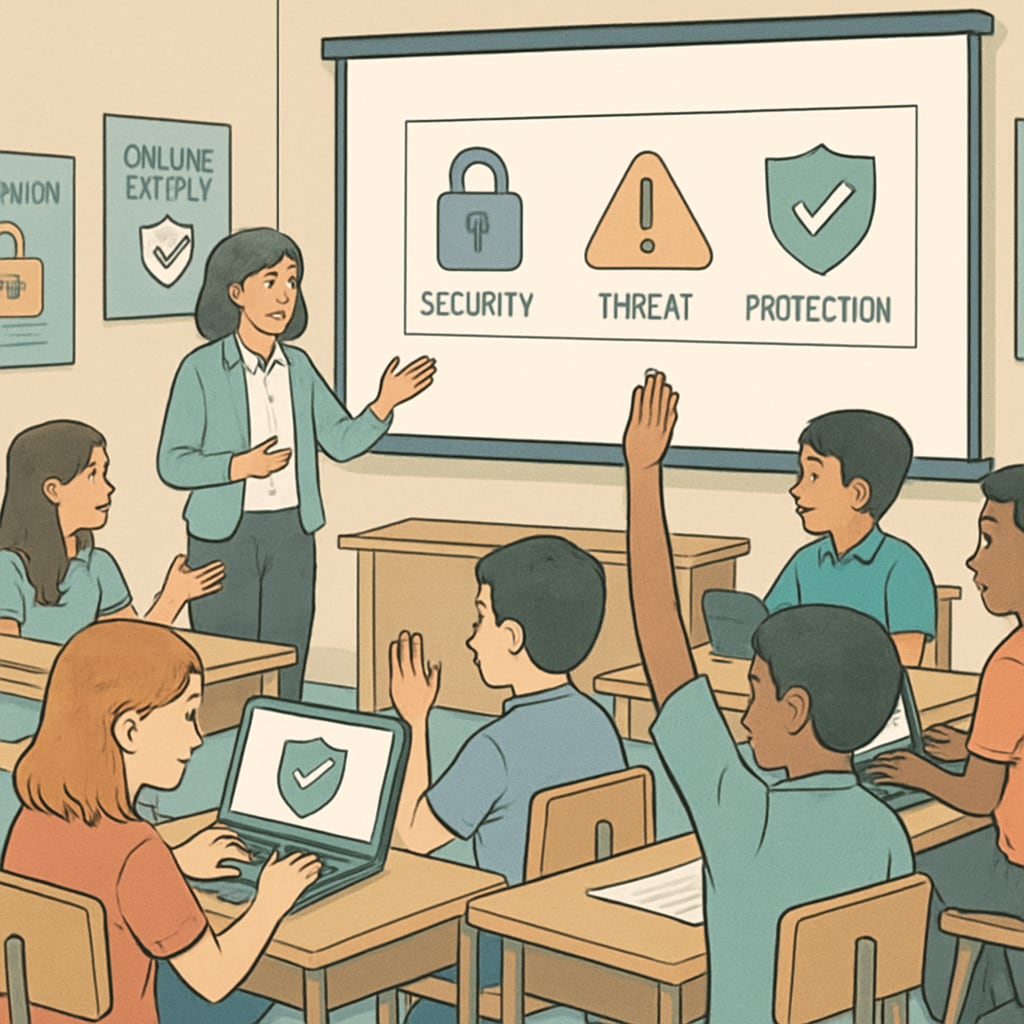In today’s competitive job market, university reputation plays a critical role in shaping cybersecurity career opportunities. For aspiring professionals, the foundation of a successful career often begins in the K12 education phase, where early exposure to cybersecurity concepts and career planning can make a significant difference. This article examines the link between university reputation and employment prospects in cybersecurity while exploring the importance of fostering cybersecurity awareness during K12 education. Practical strategies for educators and parents to prepare students for future careers in this vital field are also discussed.
The Impact of University Reputation on Cybersecurity Careers
University reputation can heavily influence job prospects within the cybersecurity industry. Employers often perceive graduates from prestigious institutions as having higher-quality education and better preparation for complex roles. A well-regarded university may also offer robust alumni networks, internship opportunities, and connections to leading organizations in the cybersecurity sector. These factors give students a competitive edge during job applications and interviews.
However, it’s not just about the brand name. Universities with dedicated cybersecurity programs, partnerships with tech companies, and access to cutting-edge research facilities are particularly advantageous. For example, institutions that collaborate with organizations like NIST or Cybersecurity Ventures often produce graduates who are well-versed in industry standards and emerging threats.

Building Cybersecurity Awareness in the K12 Phase
While university reputation plays an essential role later in life, the journey toward a successful cybersecurity career begins far earlier. Introducing students to cybersecurity basics during the K12 phase can spark interest, establish foundational skills, and encourage a proactive mindset about digital safety. This early exposure also helps students develop a clear sense of their career goals, enabling them to better align their academic choices with their professional aspirations.
For example, schools can incorporate cybersecurity concepts into STEM (science, technology, engineering, and mathematics) curricula. Activities like coding challenges, ethical hacking workshops, and online safety modules can make cybersecurity engaging and relevant for young learners. Additionally, educators can invite professionals to discuss career paths, helping students visualize the opportunities in this field.

Practical Steps for Career Planning and Skill Development
To prepare students for a future in cybersecurity, educators and parents should consider the following strategies:
- Introduce age-appropriate cybersecurity topics: Teach students about password safety, phishing scams, and the importance of protecting personal data.
- Foster problem-solving skills: Encourage critical thinking through activities like puzzles, coding challenges, or robotics competitions.
- Leverage extracurricular programs: Enroll students in cybersecurity clubs, online courses, or community-based initiatives that provide hands-on experience.
- Emphasize digital citizenship: Promote ethical behavior online and educate students about their responsibilities in the digital world.
- Guide university selection: Help students research universities with strong cybersecurity programs and industry partnerships.
By following these steps, students will not only be better prepared for university but also more competitive in the workforce.
Looking Ahead: Aligning Early Education with Career Success
The connection between university reputation and cybersecurity career opportunities is undeniable, but it’s vital to remember that the foundation for success is built much earlier. By fostering awareness and interest during the K12 phase, educators and parents can set students on a path toward thriving in this ever-evolving industry. Early planning, combined with the right choices in higher education, ensures that students are well-equipped to meet the challenges and opportunities of a career in cybersecurity.
As the demand for cybersecurity professionals continues to grow, the importance of a strong educational foundation cannot be overstated. Whether through a prestigious university or a practical K12 curriculum, every step taken toward preparing students for this field is a step toward a more secure digital future.
Readability guidance: Short paragraphs and clear subheadings make the content accessible. Lists and examples help summarize actionable points. The use of transition words ensures smooth flow between ideas.


